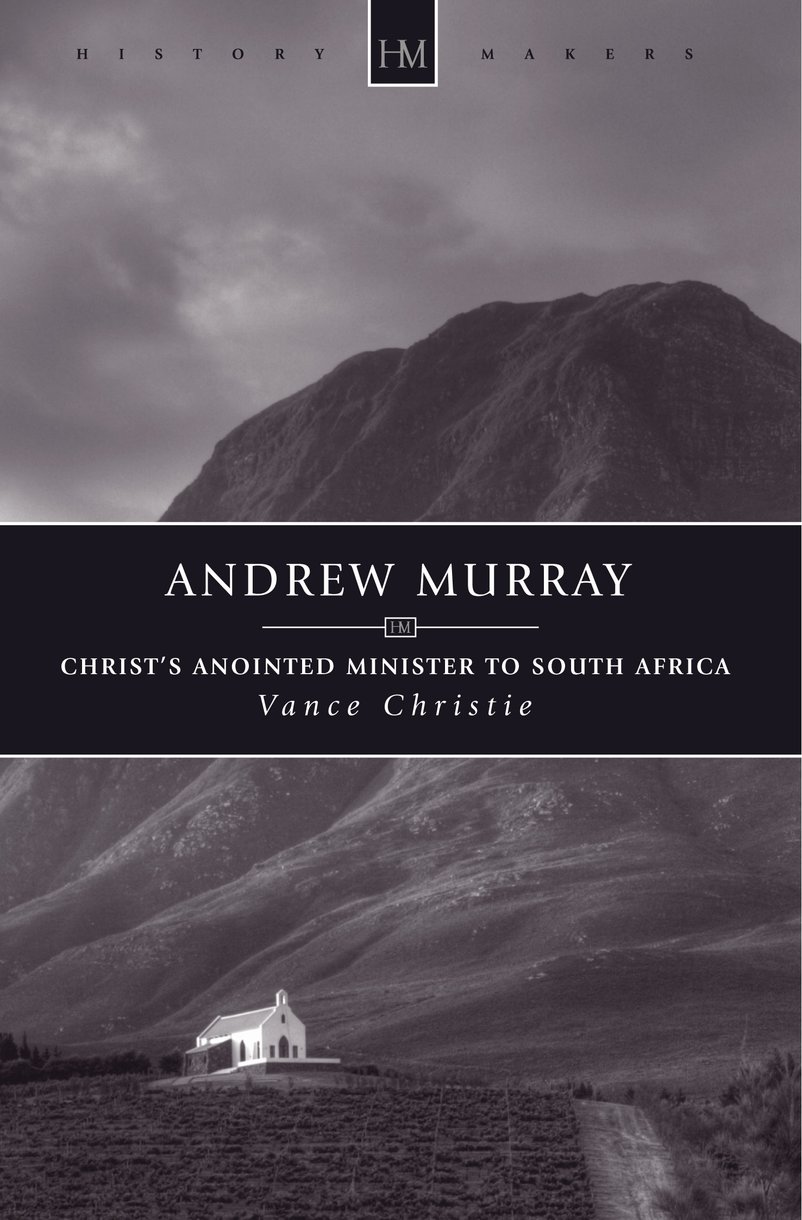arapahoepark
Puritan Board Professor
Considering the fact that South Africa is listed on Genocide Watch for advocating the killing of white Boers, I was wondering if there are any good histories on the country. A few places that I have come across tend to be kinists that whitewash Apartheid while liberals downplay the genocide like conditions.
What has been happening there seems eerily similar to the propaganda campaign here.
Perhaps our PB brothers in South Africa could be of some help? @Von
 www.genocidewatch.com
www.genocidewatch.com
What has been happening there seems eerily similar to the propaganda campaign here.
Perhaps our PB brothers in South Africa could be of some help? @Von
South Africa | genocidewatch
 www.genocidewatch.com
www.genocidewatch.com

